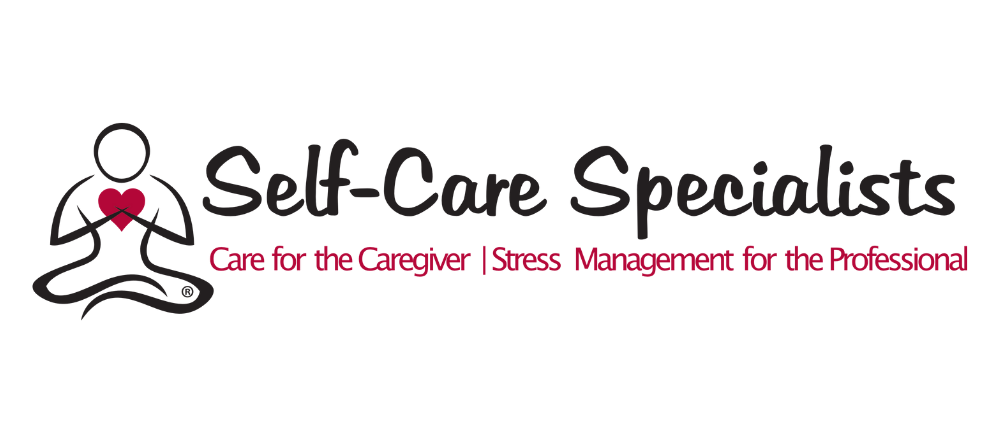Self-Care is Ethical Practice
Caregivers tend to be so focused on helping others that they don’t dedicate enough time and resources for their personal care. Some feel guilty or selfish when their focus is turned toward themselves. Self-care for the caregiver should be viewed as a professional ethical obligation and not as an option. When a caregiver is not adequately taking care of his/her needs it can put the client/patient at risk. Good self-care practices can help the caregiver to perform the responsibilities of his/her position optimally and with increased compassion.
Most professional code of ethics include statements regarding “impairment” and some address caregiver “self-care” more directly. The Green Cross Academy of Traumatology has comprehensive Standards of Self-Care Guidelines that are designed for professional caregivers. This code states that the purpose of the guidelines is twofold: “First, do not harm to yourself in the line of duty when helping/treating others. Second, attend to your physical, social, emotional, and spiritual needs as a way of ensuring high quality services to those who look to you for support as a human being”. (https://greencross.org/about-gc/standards-of-care-guidelines)
Most code of ethics begin with the principle of “first, do not harm” as it relates to the client/patient. While this is a must, it is also imperative that we maintain a dual focus on the client/patient and ourselves while doing our caregiving work to ensure optimal service, to uphold the integrity of our professions and to maintain personal well-being. Ethical errors are more likely to occur when the caregiver experiences symptoms of compassion fatigue and/or burnout. Self-care has been identified as the greatest protection against experiencing secondary trauma symptoms because it increases caregiver resiliency.
Increased attention given to the subject of self-care by professional associations is helpful in creating awareness regarding its importance. A good example of this is the statement made by National Association of Social Workers in NASW Social Work Speaks, 2011 – 2014. “Professional self-care is an essential underpinning to best practice in the profession of Social Work ….. Self-care has relevance to all social workers in the setting with which they practice ….. NASW supports the practice of professional self-care for social workers as a means of maintaining their competence, strengthening the profession and preserving the integrity of their work with clients.”
Compassion fatigue is linked to ethical errors, therefore it stands to reason that it is unethical to neglect self-care. Self-care is the responsibility of each professional. The benefits of practicing effective self-care are far-reaching and can impact everyone you come into contact with. Self-care is ethical practice!

